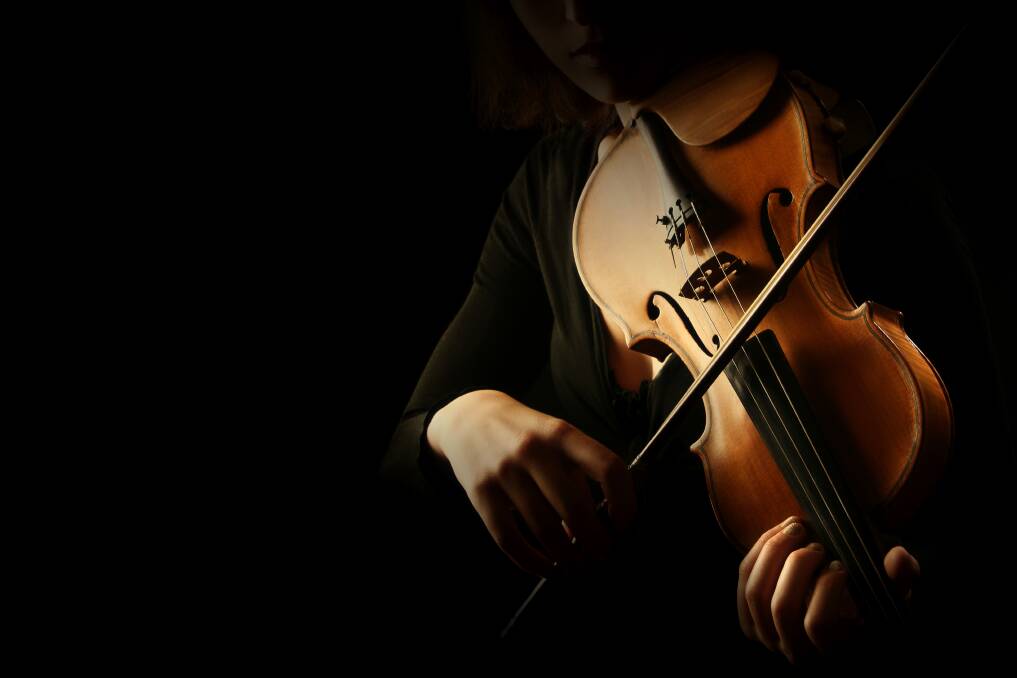
Not matter your age, learning an instrument can help improve many aspects of your health and well being.
Subscribe now for unlimited access.
or signup to continue reading
Research has shown that music improves brain functions but it can also improve self expression, emotions and even reduce the impact of early onset dementia.
“During a neurological study at Melbourne University they saw that when a person engages in music their entire brain lit up,” Riverina Conservatorium of Music director Hamish Tait said.
“They actually thought it was a mistake at first but it happened every time.”
This result shows that the left and right sides of the brain are connected by music. This could mean that music has the ability to improve emotional and physical well being.
For teenagers, or people who have experienced trauma or grief, music is a great way for them to express themselves.
“In an age where communication is text and image image driven music encourages creativity and artistry,” Mr Tait said.
“Social engagement goes beyond the trivial with music there is a philosophy around lifelong learning and engagement.”
Learning music doesn’t have to start at a young age older students in their 60s or 70s can get the same if not more benefits from engaging in music education.
“Adult participation in community choir is always quite high,” Mr Tait said.
“We have four adult choirs and well over 100 people in those.
“It can help to reduce cognitive decline with adults with hearing loss and early onset.
“It also helps with social isolation.”
Connecting with people with a common interest enables people to grow their social circle and be part of a community.
It’s the same for children or teens with learning disabilities.
“Kids with a learning difficulty, special needs or personality issue are normalised and don’t feel out of place,” Mr Tait said.
“People who might be uncomfortable or very shy surrounded by people can do something engaging, play a valuable role and walk away feeling uplifted.”
The ability for music to include and welcome people of any skill level is unique and quite different to other hobbies like sport.
“Sporting culture is very stratified between those who can and those who can’t,” Mr Tait said.
“Music is open to anybody at any level from the absolute beginner to the experts.
“Most musicians won’t say to someone starting out ‘why can’t you do this’ instead they help.
“As a rule with the music community people feel they are on their journey.
“Being a musician requires you to be emphatic.”

